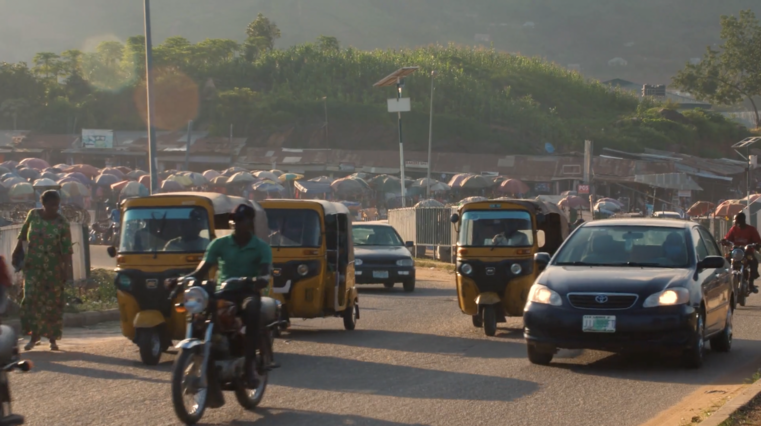“Acutely ill and injured people seek care for medical, surgical, and obstetric emergencies including road traffic injuries,” writes the United Nations Road Safety Collaboration (UNRSC). Earlier this month, the World Health Organization (WHO) launched “Advocating for Emergency Care” – a guide for non-governmental organizations that define their roles in emergency care.
WHO has published information about the guide. We published them here;
The guide was developed collaboratively by WHO, including the WHO Global Alliance for Care of the Injured and the Global Alliance of NGOs for Road Safety. It offers step-by-step actions for more effective and impactful advocacy efforts for people who need emergency care, including those injured in road traffic crashes.

The guide primarily targets non-governmental organizations that operate with limited resources. It will support NGOs in their efforts to improve timely care for people with road traffic injuries and other medical emergencies while also offering ideas for the types of initiatives NGOs might conduct with a series of global case studies set in the context of road traffic injuries.
“Individuals and families affected by injuries and other health emergencies have a range of physical, psychological, and legal needs. In this volume, we focus on advocacy for the time-sensitive health care that we can save millions of lives every year.”
Emergency care is an essential part of the health system and serves as the first point of contact for many who are injured, including in road crashes around the world. However, in some regions and contexts, timely emergency care is not consistently available or may be expensive.
NGOs can effectively advocate for improved emergency care services in several contexts. They can promote improvements at the local level, such as improved care in the emergency department or operating theatre at the local hospital. They can also effect change at the national level, such as advocating for the passage of legislation on universal access numbers, free emergency care, or bystander protection laws.

